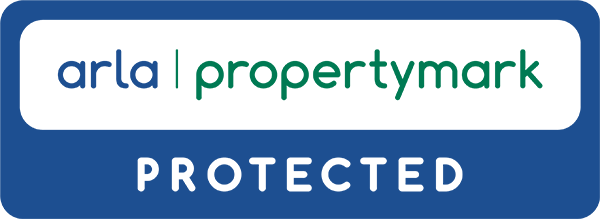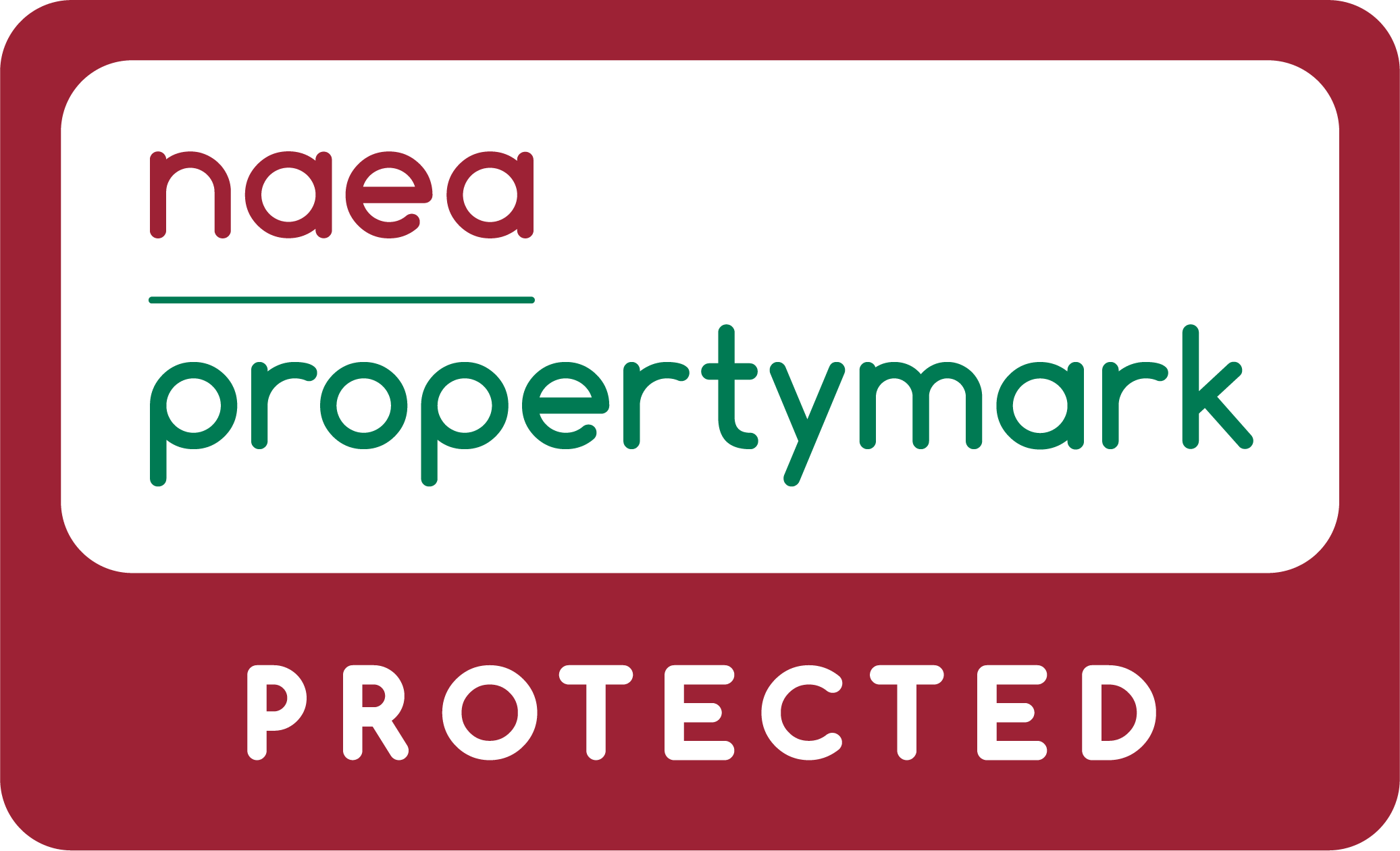Renters' Rights Bill: Final stage set for September 8
The long-debated Renters' Rights Bill is set to return to the House of Commons on September 8 for its final stage.
After extensive scrutiny in the Lords, MPs will now decide its fate. If disagreements remain, the legislation will enter a ‘ping pong’ stage between the two chambers. However, Labour’s large Commons majority means the government’s version is expected to prevail.
This landmark Bill promises sweeping changes to the private rental market. Here’s a breakdown of what the Renters' Rights Bill covers and how it could affect landlords and tenants.
Key Reforms in the Renters' Rights Bill
Tenancy Reform
- All tenancies will move to a single periodic tenancy system.
- Section 21 evictions will be abolished.
- New and reformed grounds for possession will still allow landlords to reclaim properties when necessary.
This is expected to be among the first reforms to come into force.
Student Accommodation Rules
- Purpose-built student housing will be exempt if providers comply with government-approved codes.
- Landlords of HMOs rented to students can use a new mandatory possession ground (Ground 4A), but tenants must be notified in writing before signing.
Rent in Advance Restrictions
The Bill limits rent in advance to one month, protecting tenants from large upfront payment demands.
Rental Bidding Ban
- Landlords must advertise a clear asking rent.
- Accepting bids above this figure will be illegal, curbing rental bidding wars.
New Possession Grounds and Notice Periods
- Notice periods will generally be 4 weeks or 4 months, depending on the ground.
- More evidence will be required for landlords reclaiming homes to move in or sell.
- A potential ‘no re-letting period’ of 6–12 months will prevent rapid re-letting after eviction.
Rent Reviews and Tenant Appeals
- Rent increases capped at once per year.
- Landlords must use a standard government form.
- Tenants retain the right to appeal increases at an independent tribunal.
New Private Rented Sector Ombudsman
Every landlord in England will be required to join a new PRS Ombudsman, giving tenants quicker access to dispute resolution.
Private Rented Sector Database
A new PRS Database will provide more transparency in the rental market, though details are still being developed and will need secondary legislation.
Decent Homes Standard &; Awaab’s Law Extension
- The Decent Homes Standard and Awaab’s Law will extend into the private rented sector.
- Full implementation is expected by 2035–37.
What Happens Next?
On September 8, MPs will begin considering the final version of the Renters' Rights Bill. If the Commons and Lords clash on amendments, a ‘ping pong’ stage will follow. Still, with Labour’s majority, the government is expected to push through its preferred reforms.
Industry body Propertymark has outlined the Bill’s key elements but warns that the government has not yet confirmed specific implementation dates.
Why the Renters' Rights Bill Matters
The Renters' Rights Bill represents the biggest reform to the private rental sector in decades. For tenants, it promises stronger protections, fairer rent practices, and improved housing standards. For landlords and letting agents, it introduces stricter regulations, but also more clarity around possession rights and tenancy management.
Have any more questions about the Renters' Rights Bill and how it affects you? Check out our Renters' Rights Bill FAQ or call us on 0161 511 5339.






